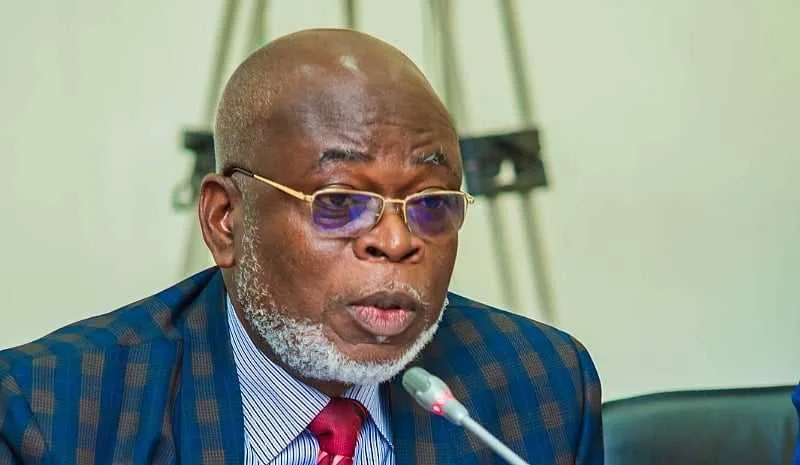Holding Corrupt Officials Accountable: A Call for Stricter Measures
Corruption and Financial Accountability in Government
Corruption remains a persistent challenge in governance, with officials often misappropriating public funds. While efforts are made to recover stolen money, James Klutse Avedzi, former Chairman of the Public Accounts Committee and current Director-General of the Securities and Exchange Commission (SEC), argues that accountability must go beyond simple reimbursement.
Avedzi’s Call for Greater Accountability
In a recent interview with Joy News, Avedzi stressed that merely reclaiming stolen funds is insufficient. Instead, he emphasized the importance of punishing offenders to deter future misconduct.
“The recovery of the money is good. It’s okay. We should do that. But accountability is more than just giving back what was stolen.”
Email us to place your Ads
Addressing Loopholes in Financial Oversight
Avedzi pointed out critical loopholes in Ghana’s financial system that enable corruption to persist. He illustrated his argument with a real-world scenario:
“Someone takes $10 million of government money, trades on it, makes an additional $5 million, and gets caught. They only have to return the original $10 million. What about the $5 million profit they made?”
This highlights the failure of current measures to address illicit gains. Without stricter repercussions, corruption remains a lucrative endeavor for dishonest officials.
The Need for Harsher Penalties
While recovery of stolen funds is necessary, Avedzi stressed that offenders should also face legal and financial consequences. He posed a fundamental ethical question:
“Why should anyone take public funds meant for national development and later just return them without repercussions?”
This sentiment resonates with international anti-corruption initiatives such as those of Transparency International. Holding officials accountable goes beyond financial recovery—it demands stricter penalties.
H4: Strengthening Anti-Corruption Measures
To prevent future financial misconduct, Avedzi advocates for:
- Enforcing stricter penalties against corrupt officials.
- Ensuring full recovery of both stolen money and illicit profits.
- Enhancing oversight mechanisms to detect financial fraud early.
- Encouraging whistleblower protection to expose corruption.
Call to Action: Support Stricter Anti-Corruption Laws
Corruption hampers national development and undermines public trust. Do you agree with Avedzi’s stance on stricter penalties? Share your thoughts in the comments and spread awareness by sharing this article!
For more insights on financial accountability, visit Securities and Exchange Commission Ghana.



